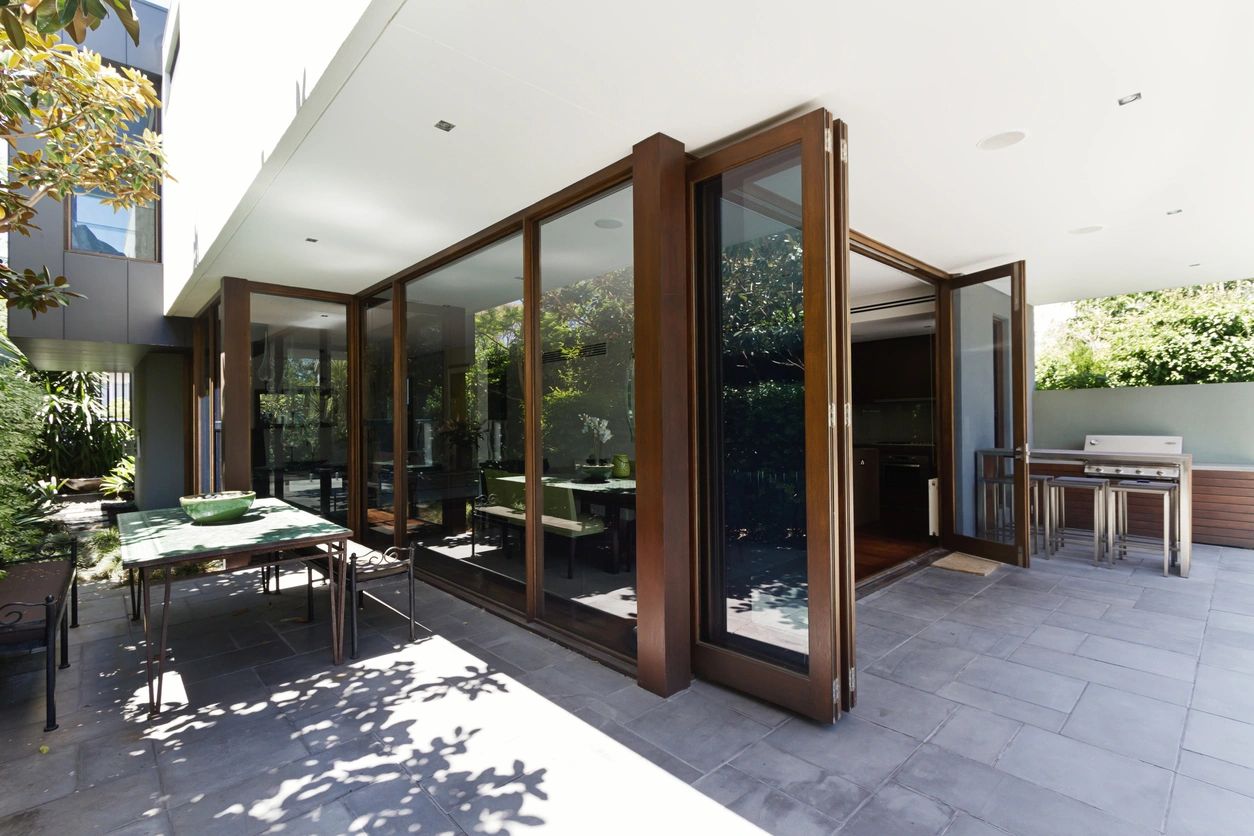Create a Plan B AND a Plan C
Many expat service providers, travel vloggers or lawyers will encourage you to set up another residency to have a back-up plan if the world becomes increasingly unstable. My number one complaint about these services (and why I launched Open Door Consultancy) is that these services often recommend potential places with only a surface-level analysis. They tend to not dive into the specifics of what makes a place safe, wealthy, prosperous, trustworthy or holding investment potential. Since the recommended services don’t examine these more crucial characteristics of a country/region; their focus to properly hedge you from all risks is limited. In other words, someone may recommend ‘Country A’, unaware that there is a real estate bubble that could pop at any moment and you’re going to live with that.
I believe Open Door’s unfiltered honesty is our value proposition in this respect.
What do you recommend?
While Open Door gets down and dirty with the facts to recommend the best personalized setup–we realize we don’t have a crystal ball. There are no guarantees, only probabilities. Therefore, the best chances we have at ensuring your freedom, wealth, traditions and safety are preserved is to hedge out as much as possible
The Trick
It is a good idea to seek “paper residencies” or a residency without stay requirements into your international portfolio. For instance, Panama & Paraguay, two territorial tax countries, only require 1 day per year to preserve residency whereas Uruguay expect you to prove your permanence as a resident.
Uruguay is a great option but not a Plan B
Furthermore, I know Iceland will cancel your residency if you’re not present for 183 days a year (long enough to pay taxes). At the same time, it can be far more nuanced. Serbia & Montenegro will allow you to be gone more time if the terms of your residency are business ownership compared to if you obtained residency via real estate (they expect you to live in it).
What’s your point?
It’s not enough simply to obtain residency, it’s important to explore the stay requirements to both obtain the residency (& tax residency) as well as how many days you must be present to keep the residency active or renew it. This is especially important if you intend to make an application for citizenship at a later date. This is because no two temporary residencies are the same and it’s a smart idea to spread out your time to work towards keeping two, three, four options available.
For instance, you can envision a situation where you could be working towards Cyprus citizenship by naturalization (a 3-5 year programme depending on some factors) requiring a stay at least 183 days a year. On the back end of the year (remaining 182 days), it may be smart to visit Paraguay or El Salvador to keep a residency permit valid to these places as well. In the run of the year, you may be working towards an EU passport in Cyprus, and keep a Plan B and Plan C alive with Paraguay and El Salvador + your home passport. This is only possible because some countries do not require you to contribute a significant amount of presence (or any at all).
This frees up time for you to work on a completely new permit! Isn’t it a better idea to have three doors you can walk through than two? The rules are the same for everybody, you just have to play the legal game better than everybody else!
So what are you waiting for??
Contact –> [email protected] or [email protected] and check out the following pages:
#StayOnTheBall


